Dec. 13, 2018. It appears that the 14-month long controversy over a rock quarry in Clark County, Wash. will spill over into next year, as Friends of the Columbia Gorge says it will sue the executive director of the Columbia River Gorge Commission if she allows the mining operation to continue.
On Nov. 27, Friends joined forces with a coalition of 15 private landowners who live near the quarry to send two letters to director Krystyna Wolniakowski. Each letter gives her 60-days notice of their intent to sue for failing to act to stop the mining operation. One letter references the Endangered Species Act, while the other focuses on language from the Columbia River Gorge National Scenic Area Act, which was established in 1986 “to protect and provide for the enhancement of the scenic, cultural, recreational and natural resources of the Gorge.”
The controversy began in October of 2017, when the Nutter Corporation started mining gravel on Judith Zimmerly’s property. The property, which lies just within the western boundary of the Columbia River Gorge National Scenic Area, is located off SE 356th Avenue in Washougal, a couple blocks north of Steigerwald Lake Wildlife Refuge.
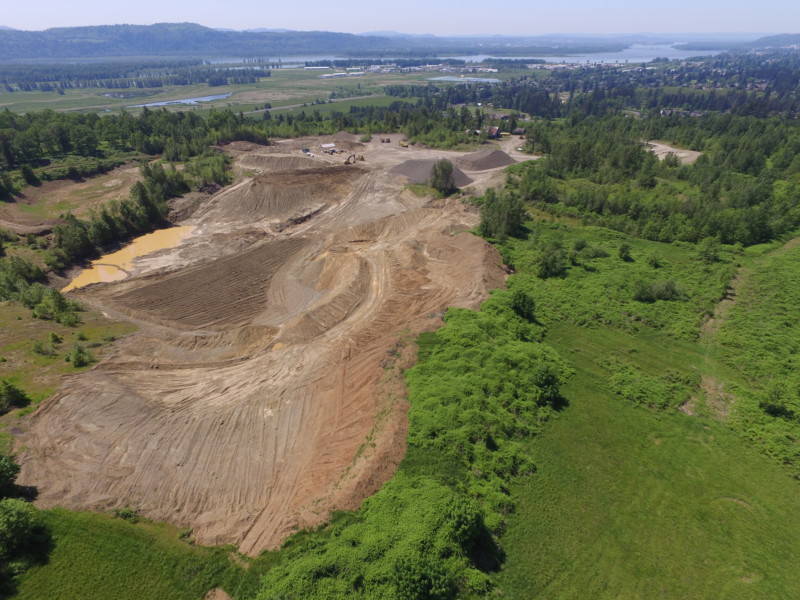
Opponents to the project have raised concerns about the quarry’s proximity to neighborhoods, schools and environmentally sensitive areas such as Steigerwald Lake Refuge, which is visible in the background (upper left-hand corner). Photo courtesy of Friends of the Columbia Gorge.
And while the gravel pit’s close proximity to local schools and neighborhoods has sparked hundreds of complaints from nearby residents, it is the property’s inclusion within the National Scenic Area that opens up the possibility of a lawsuit. The Scenic Area has its own stringent set of rules regarding land use—rules that the conservation and watchdog group says are being violated by the Nutter Corporation and the Zimmerly family.
Nathan Baker, a senior staff attorney with Friends of the Columbia Gorge, calls the operation “the largest ongoing land use violation in the history of the National Scenic Area.”
The Nutter Corporation did not respond to requests for comment, but the Vancouver-based civil contractor has maintained on several occasions that it is operating in full compliance with the Scenic Area’s land-use regulations. And a decision made by Clark County Hearings Examiner Joe Turner backs up that assertion.
In Turner’s Aug. 7 order, he determined that the operation can continue because the Gorge Commission approved surface mining operations at the Zimmerly property in 1993.
That decision didn’t sit very well with the project’s opponents. Reflecting on what happened in 1997—when Judith and David Zimmerly were fined $100,000 by the Gorge Commission for discharging sediment-laden runoff from the quarry into Gibbons Creek (a salmon-bearing stream) and Steigerwald Lake—Baker says part of their concern is that history could repeat itself.
So Friends of the Gorge teamed up with citizens of Clark County to submit formal appeal letters to the Gorge Commission on Oct. 9. The appeals challenge Turner’s decision, pointing out, as Turner himself admitted, that he lacked the jurisdiction to determine whether the permit granted by the Gorge Commission in 1993 is still in effect.
“Those appeals are pending,” Baker says. “Eventually the Gorge Commissioners, in that appeal, may be able to resolve some of the issues in dispute, in particular whether that 1993 permit is still in effect or not.”
“But, there is a much quicker path to addressing the violations on the property,” the attorney explains, referring to the 60-day notice letters that went out on Nov. 27. “So we hope to engage in a dialogue with the director of the Gorge Commission and resolve our concerns without actually litigating.”
Wolniakowski, however, believes the current appeal of Clark County’s decision to the Gorge Commission will be the next step in settling the million dollar question of whether the Zimmerly’s permit is still valid. And while she is unable to discuss the particulars of the 60-day notice letters—other than the fact that she has received and acknowledged them—the director maintains that “there seems to be an incomplete understanding of the role of the executive director and the role of the Gorge Commission.”
“The important thing here is that we’re an administrative court,” Wolniakowski explains. “The National Scenic Area Act gives us the authority to be that ‘neutral appellate body’, or judge, when there is a land-use permitting dispute in the Gorge. But the operative word there is neutral, since the Commission must be fair, impartial and transparent—which means settling the appeal of this dispute without prejudgment.”
She says the Commission is working with all of the parties involved to get the information they need, and that there will be a hearing on the appeal in front of the Gorge Commission sometime in early 2019.
Until then, Wolniakowski says, “I don’t know how to express this complicated administrative role that we have in a way that people who are angry about gravel trucks will understand. I understand the concern,” she continues, “but there is a process in place and we’re following that process.”



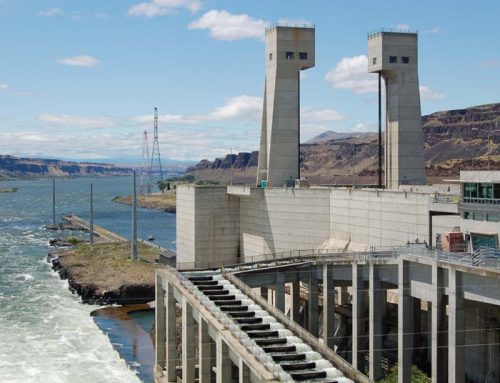
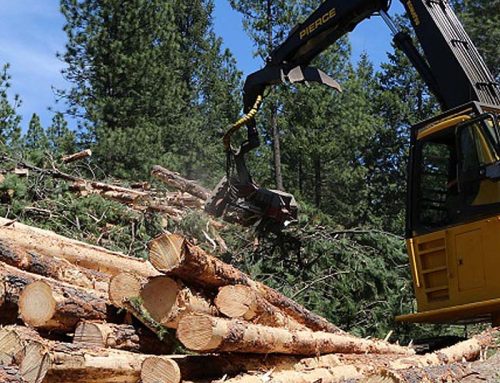
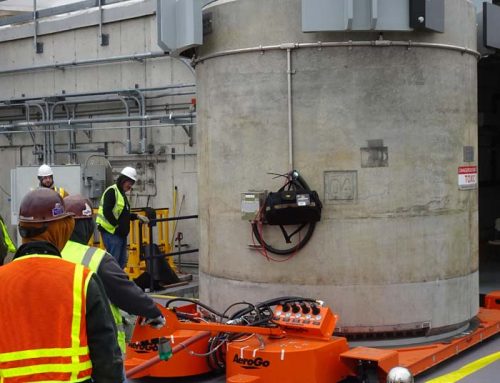


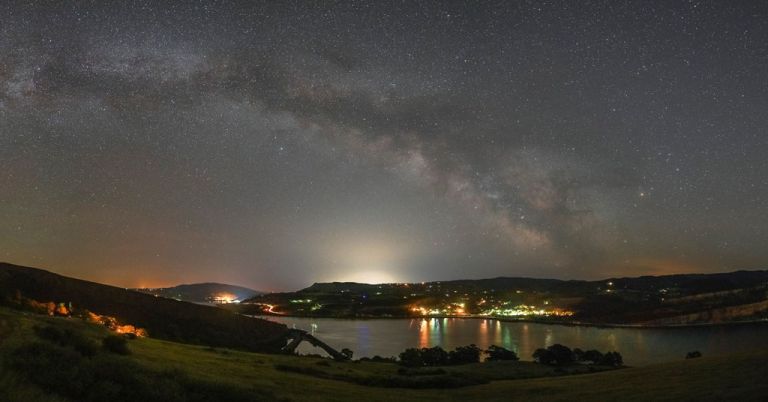
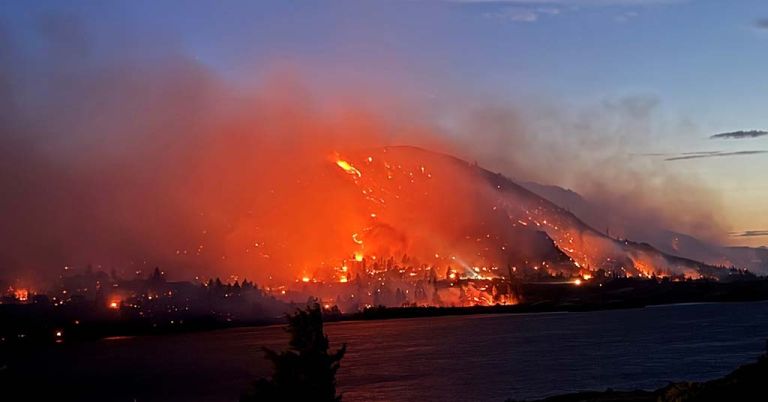


Is Steigerwald building two new levies? I am wondering where the material for the levy construction will come from? I have also noticed an upsurge in housing developments in the Washougal/Camas area, with roads built into those developments. I am wondering where the material for the road and driveway construction is coming from.
Yes, I believe the habitat restoration project at Steigerwald includes the construction of two new levies at the east and west ends of the refuge. And in response to your question of where the materials for the levies (and housing developments) are coming from, I’m not sure, but a quick google search shows a handful of quarries and crushed stone suppliers located in the Vancouver area. Is the Zimmerly quarry providing some of that road base? Probably…and that was one of my questions for the Nutter corporation that went unanswered.
The material, for the two levees that will be built at Steigerwald will come, as I understand it, from material excavated from the existing levee to open the area to the river — about two miles of the existing levee will be removed, trail rebuilt, and etc. See the project description on the Lower Columbia Estuary Partnership website here: http://www.estuarypartnership.org/restorationsite/1989.